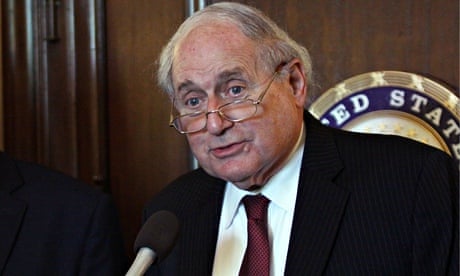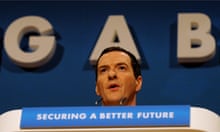The European Union's finding that Apple negotiated a sweetheart tax deal with the Irish government was no surprise. In 2013 the US Senate's permanent subcommittee on investigations, which I chair, first made Apple's special tax deal in Ireland public as part of our probe into Apple's tax avoidance schemes.
Though Tim Cook, the CEO of Apple, later claimed "we have no special tax deal with Ireland", and the company again denied negotiating a tax break even after the EU's findings, what we found last year was damning. The way Ireland taxed Apple's income resulted in a tax rate of less than 1% and allowed Apple to set up three Irish subsidiaries with no tax residency in any country.
Still, last week's EU release is immensely significant. Why? Because it adds important information to the public's record, and it promises to raise the pressure, both political and financial, on Apple and other companies that use similar gimmicks to shift their tax burden on to other taxpayers and leave governments less able to fund education, national security and other important priorities.
First, while the existence of this special deal isn't new, the EU report provides important new details. Notes from Irish negotiations with Apple show that the company threatened to base future employment decisions on its tax bill, and they quote Apple's representative as saying the company's tax proposals were based not on any rational or legal reasoning, but rather on what Apple was "prepared to accept". Denials from Apple and Ireland were not credible before, but in the face of the record of their actual negotiations, those denials are now incredible.
If the public understands the full truth of how Apple and other companies skirt their obligations, pressure will grow on elected officials to close the loopholes that enable tax avoidance. That's why my subcommittee has focused on tax abuses – not just by Apple, but by companies such as Microsoft, Hewlett-Packard and Caterpillar. Exposing these abuses is the best way to raise public awareness and pressure from voters.
Many of these abuses centre on intellectual property – software or patents that are the source of profit for Apple and other technology companies. Multinationals are able to shift the right to profits from these valuable assets to their own subsidiaries in tax havens, lowering their tax bills by billions of dollars.
Still, many members of the US Congress are so ideologically opposed to taxes that they're content to let Apple and other companies enjoy their unfair advantage. One of my Senate colleagues, during our hearing on Apple's gimmicks, suggested the company deserved a medal. Voters in the US and other countries need to make clear that they're no longer willing to accept a tax system that punishes honest families and businesses while rewarding corporations that exploit gimmicks and loopholes that have no economic justification. The EU report will hopefully increase momentum in the international community to stop the corporate tax dodging.
The EU's investigation is also important because it raises the possibility that stopping tax avoidance will affect the only place corporations really feel pressure – the bottom line. If the EU confirms its preliminary findings, Apple could be forced to pay billions of dollars in back taxes. Apple and other multinationals engage in these schemes because they're so profitable. Raising the price of tax avoidance schemes will make them less attractive.
Americans are justifiably proud of Apple, an innovative company known around the world. I carry an iPhone everywhere I go. But its technological brilliance is dimmed by the financial engineering of its tax lawyers and executives who have stained Apple's reputation through tax dodging. Successful corporations don't only make money; they meet their civic obligations by paying their taxes. The EU report has increased pressure on multinational corporations to do just that.






